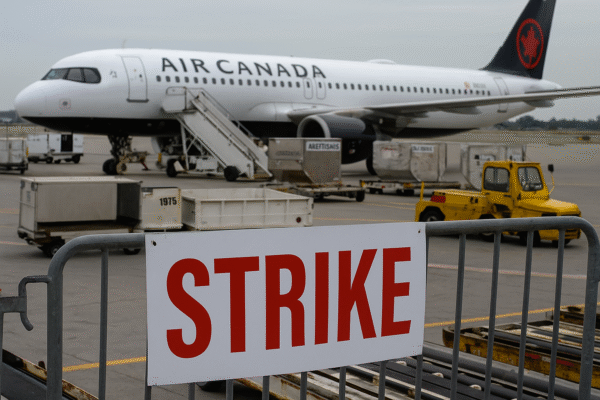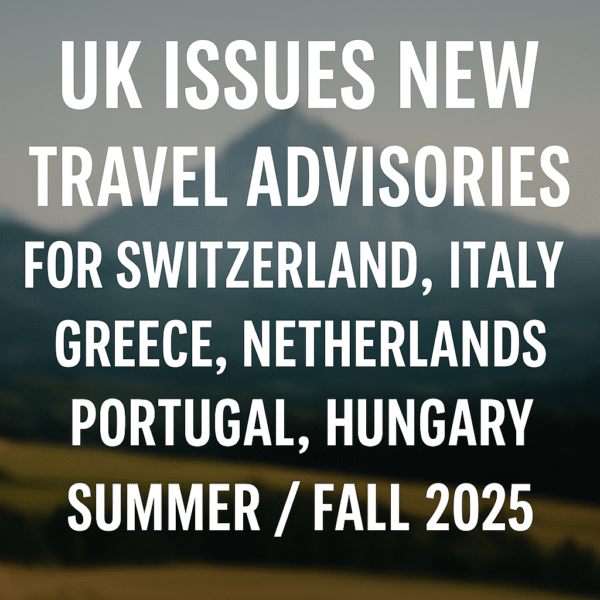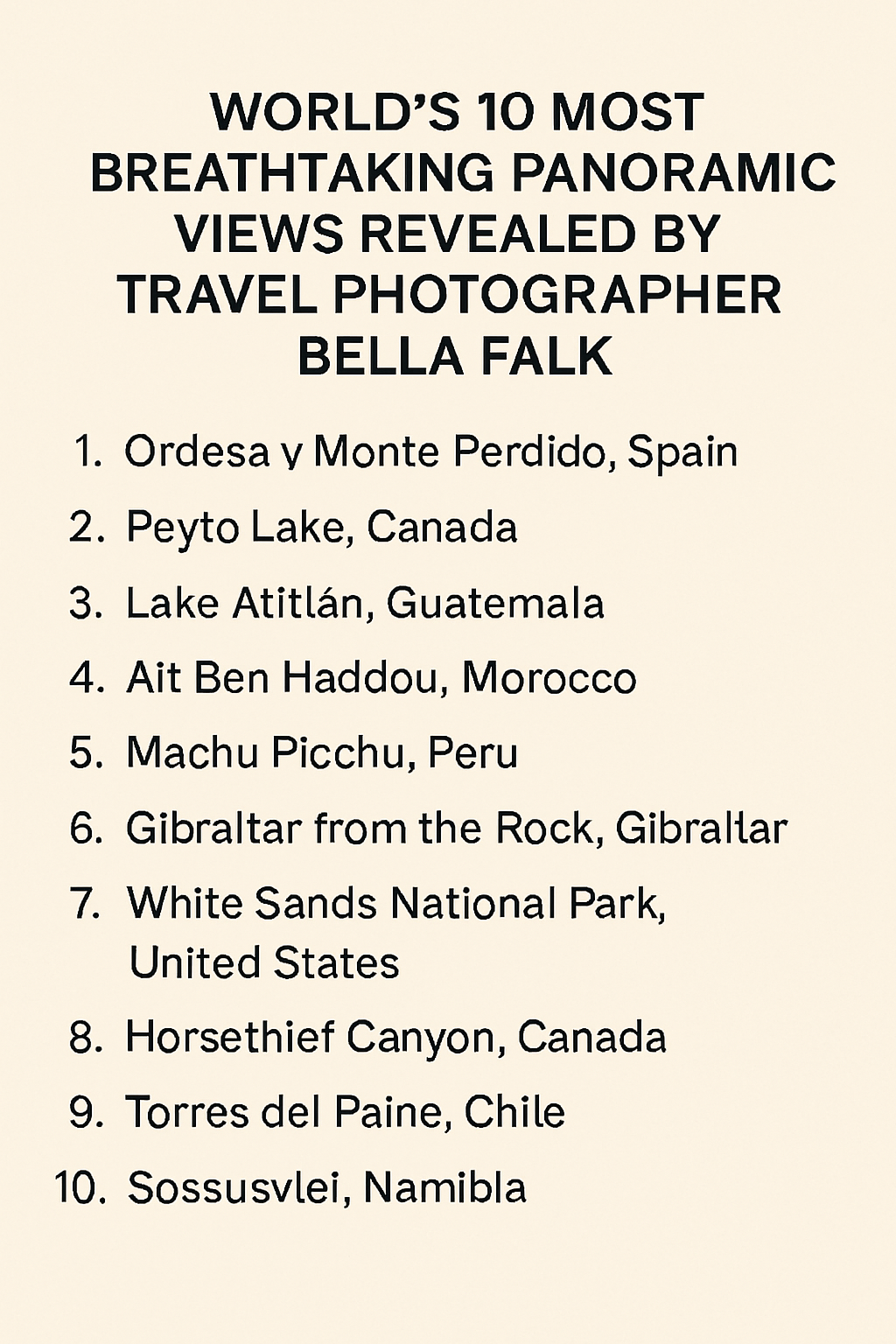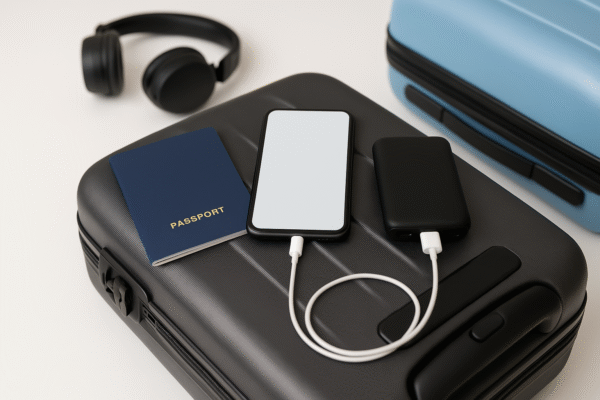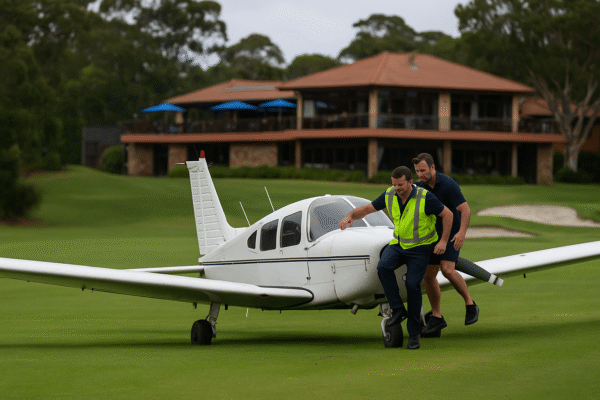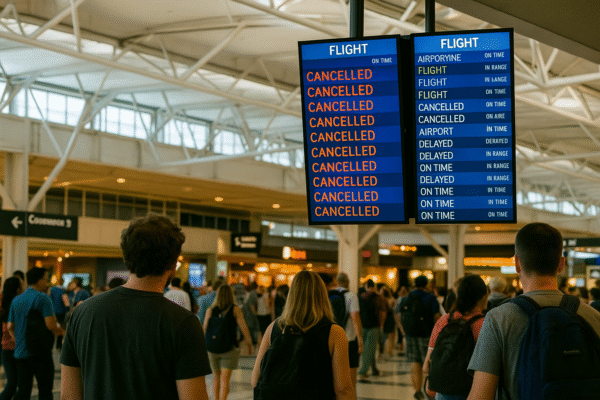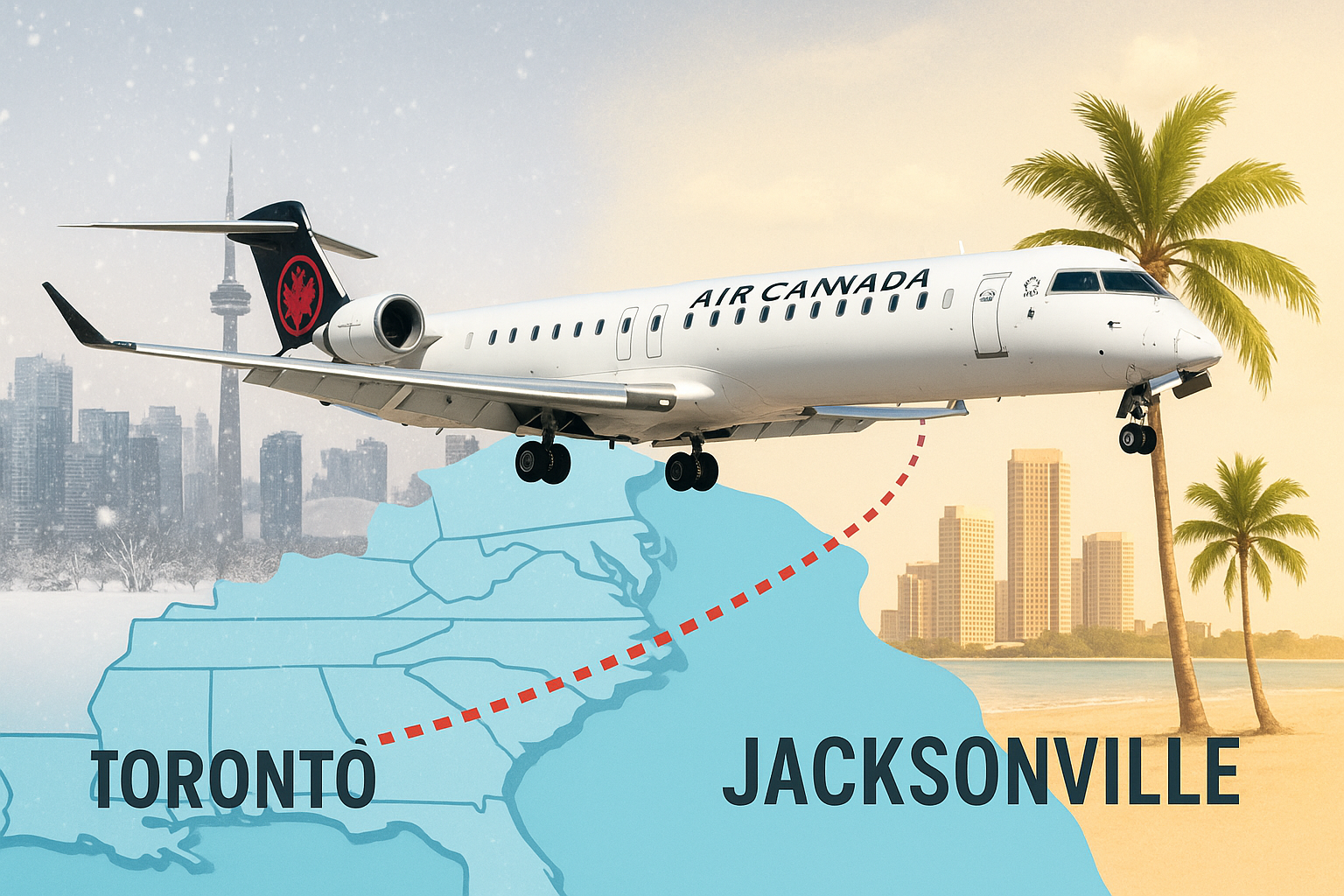In a strategic move to adapt to changing travel patterns, Air Canada has announced it will suspend its direct winter flight service between Toronto Pearson International Airport (YYZ) and Jacksonville International Airport (JAX) beginning November 2025. This seasonal pause underscores shifting consumer behavior, geopolitical tensions, and market realignments that are reshaping cross-border tourism between Canada and the United States.
Strategic Pause with Spring Resumption in Sight
The suspended flights, which had offered a convenient connection for Canadian travelers seeking sunshine in northeast Florida, are scheduled to resume in March 2026. The winter hiatus will allow Air Canada to allocate aircraft to routes with stronger seasonal demand while reducing exposure to underperforming segments.
According to airline officials, the move is part of a broader strategy to rebalance capacity based on real-time market intelligence. “We continuously evaluate route performance and adapt to dynamic market trends,” noted an Air Canada spokesperson.
Aircraft Details and Operational Snapshot
The Toronto–Jacksonville route was operated by Jazz Aviation, a regional affiliate of Air Canada, using the Bombardier CRJ 900—a 76-seat regional jet. With a flight time of approximately 2.5 hours, it was the only nonstop service connecting Canada’s largest city with northeast Florida, especially popular during winter when Canadians flock southward.
Now, with the route suspended for the coldest months, passengers must rely on connecting flights via major U.S. hubs or alternate carriers to reach Jacksonville.
Why Demand Softened: Politics, Policies, and Passenger Behavior
Multiple factors contributed to the drop in demand. A central issue is the increasing trade and diplomatic friction between Canada and the U.S., especially Canada’s proposal to introduce a digital services tax aimed at American tech giants. The U.S. government’s sharp rebuke and threat of retaliatory tariffs rattled bilateral relations and likely affected consumer confidence.
Beyond trade, travelers are also reacting to tougher U.S. immigration enforcement and border policies, which have caused discomfort among Canadian tourists. This uncertainty has dampened enthusiasm for U.S.-bound leisure travel, particularly to regions with historically lower volumes like Jacksonville.
A Broader Pattern Across North America
Air Canada’s adjustment is not an isolated move. The airline has previously cut back routes between Vancouver and major U.S. cities such as Miami, Houston, and Washington, D.C., citing reduced demand. Similarly, other Canadian airlines have scaled down operations from Edmonton and Vancouver, highlighting a continental trend in response to changing travel sentiment.
Interestingly, while Canadian airlines pull back, U.S. carriers are ramping up. Reports indicate that a major U.S. airline has increased its flights to Canada by 3.5%, and a regional carrier expanded its Canadian schedule by 14.5%, suggesting that American carriers may be targeting pent-up demand or underserved routes.
Canadian Travel to the U.S. Is Declining
Despite the U.S. being Canada’s top outbound market—with Canadians making around 39 million trips to the U.S. in 2024—there has been a significant slowdown in 2025. According to Statistics Canada and Transport Canada reports, Canadian travel to the U.S. dropped by 14% in April and 24% in May compared to the previous year.
The decline reflects a combination of economic uncertainties, currency fluctuations, and cautious consumer behavior, prompting airlines to reassess risk and return on investment for less robust routes.
Local Impact: What It Means for Florida and Travelers
The temporary loss of direct service from Toronto to Jacksonville could pose challenges for Florida’s regional tourism economy. Canadian travelers, who traditionally boost winter tourism in coastal regions, may opt for alternate destinations or postpone travel plans.
Airports such as Jacksonville International might experience reduced international arrivals and diminished off-season revenue. Meanwhile, travelers will face less convenience, longer layovers, and possibly higher fares during the winter lull.
For Canadians, the shift might influence vacation planning habits, favoring destinations with year-round connectivity, particularly in central Florida or the Caribbean, which remain popular for winter getaways.
Key Takeaways for the Industry
- Route Optimization is Now Dynamic: Airlines like Air Canada are adopting agile models, reallocating capacity in real-time to chase demand and reduce exposure to geopolitical or economic volatility.
- Traveler Sentiment Is Volatile: Factors beyond price—such as border policy, travel advisories, and diplomatic climate—can dramatically affect route viability.
- Local Tourism Faces Winter Challenges: Cities like Jacksonville, reliant on international leisure travelers, need to diversify their tourism markets to maintain momentum during off-peak periods.
Looking Ahead
The resumption of the route in March 2026 reflects cautious optimism that spring and summer demand will return. The broader message from Air Canada’s strategy is clear: the post-pandemic travel industry is no longer static. Airlines must remain flexible, governments must navigate diplomacy carefully, and travelers must adapt to rapidly changing skies.
As Canada–U.S. relations continue to evolve, so too will the air routes that bind them. The Toronto–Jacksonville case is a microcosm of how airlines must strategically realign to stay competitive in a fluctuating global travel landscape.
For more travel news like this, keep reading Global Travel Wire




